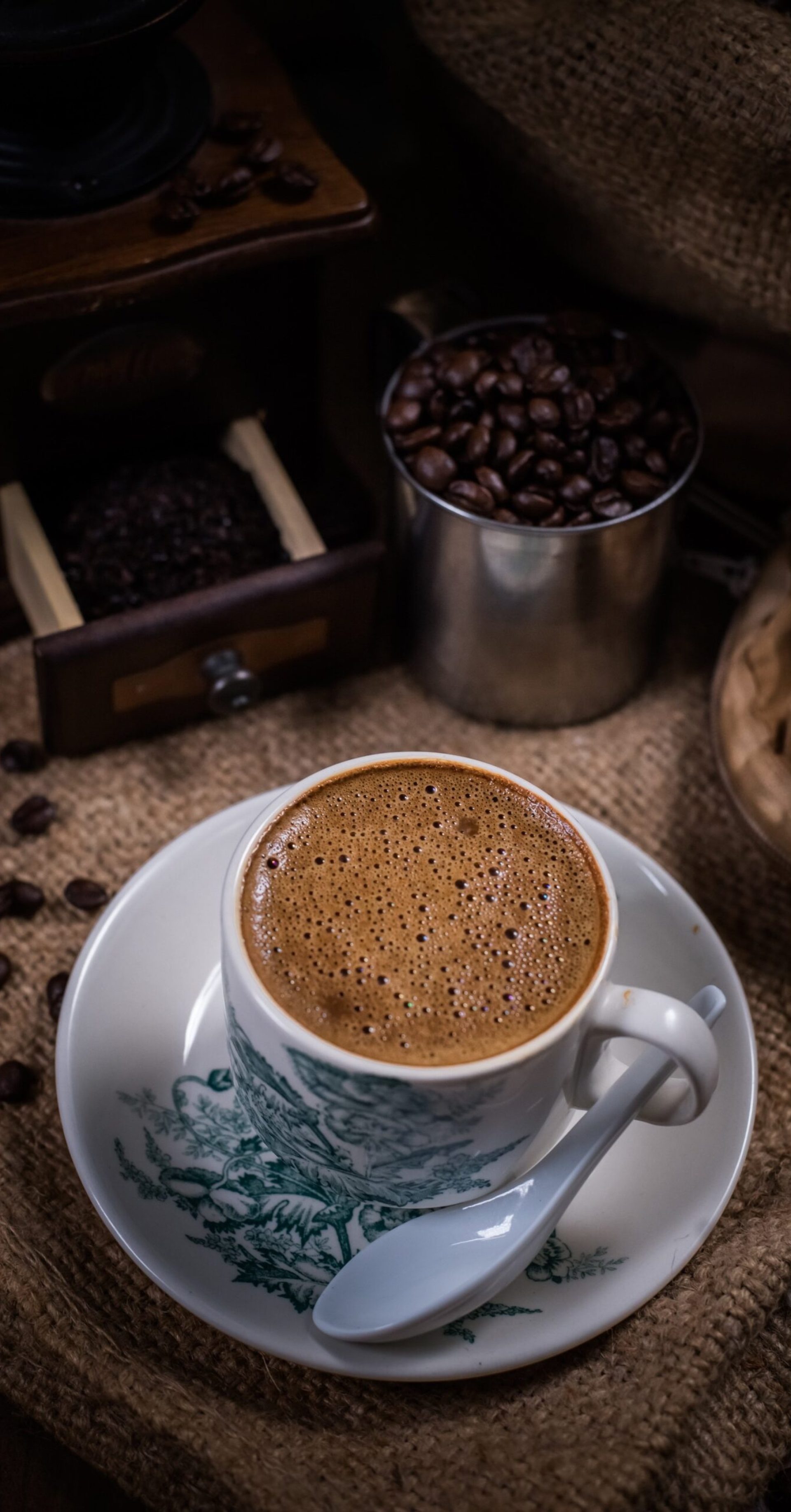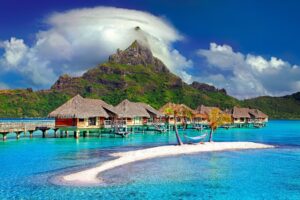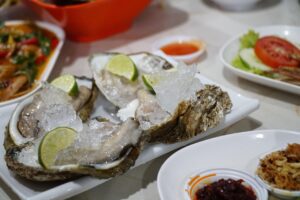Jamaican Blue Mountain Coffee is a highly prized coffee, renowned for its exceptional quality and smooth, well-balanced flavor. It is grown in the Blue Mountains of Jamaica, a region known for its unique microclimate and fertile volcanic soil.
jamaica blue mountain coffee plantation history
Jamaica Blue Mountain Coffee is one of the world’s most sought-after and premium coffee varieties. Its history and cultivation are deeply rooted in Jamaica’s culture and landscape. Here’s an overview of its history and development:
Origins of Coffee in Jamaica
- 1728: Coffee was introduced to Jamaica by Sir Nicholas Lawes, then Governor of Jamaica. The coffee plants were brought from Martinique.
- Initially, coffee cultivation was concentrated in lowland areas, but the quality of coffee grown there was poor.
Development of the Blue Mountain Region
- By the late 18th century, farmers began to cultivate coffee in the Blue Mountains, a range of steep peaks reaching heights of over 7,000 feet. The unique combination of altitude, climate, and soil proved ideal for growing high-quality coffee.
- The Blue Mountain region experiences cool temperatures, high rainfall, and misty conditions, with soil rich in volcanic minerals—perfect conditions for coffee cultivation.
Rise of Jamaica Blue Mountain Coffee
- In the 19th century, Jamaica’s coffee industry flourished, particularly due to the island’s export connections with Europe.
- The coffee’s reputation grew due to its distinctive mild flavor, low acidity, and smooth, rich aroma.
Challenges in the Coffee Industry
- The industry faced numerous challenges in the 19th and 20th centuries, including hurricanes, pests, and competition from other coffee-producing countries.
- Declines in production also occurred due to fluctuating global demand and shifts in labor availability after the abolition of slavery in 1838.
Modern Era and Regulation
- In the 20th century, the government and private sector invested in revitalizing the coffee industry.
- The Coffee Industry Board of Jamaica (established in 1950) implemented strict quality control measures to protect the Blue Mountain Coffee brand.
- Only coffee grown in specific parishes (St. Andrew, St. Thomas, Portland, and St. Mary) at elevations between 2,000 and 5,500 feet can legally bear the label “Jamaica Blue Mountain Coffee.”
Global Recognition
- Today, Jamaica Blue Mountain Coffee is celebrated worldwide and commands a high price, especially in markets like Japan, which is one of its largest importers.
- Its rarity, unique flavor profile, and the labor-intensive process of cultivation and harvesting contribute to its premium status.
Cultural and Economic Importance
- Jamaica Blue Mountain Coffee is not only a symbol of national pride but also a significant contributor to the Jamaican economy.
- Coffee farms, many of them small and family-owned, support local communities, while coffee plantations attract tourists interested in Jamaica’s coffee heritage.
Jamaica Blue Mountain Coffee continues to be a benchmark for excellence in the coffee world, celebrated for its rich history, stringent quality standards, and exceptional flavor.
How many types of Jamaica blue mountain?
When it comes to premium coffee, few names carry as much prestige as Jamaican Blue Mountain. Renowned for its exceptional taste and rich history, this coffee is a true luxury enjoyed by connoisseurs worldwide. However, even within the realm of Jamaican Blue Mountain coffee, there exists a hierarchy of quality, determined by the size and perfection of the beans. In this blog, we delve into the three primary grades of Jamaican Blue Mountain coffee: Number 1, Number 2, and Number 3.
- Number 1 Beans: The Epitome of Excellence
At the pinnacle of the Jamaican Blue Mountain coffee hierarchy stand the Number 1 beans. These are the largest and most sought-after beans, boasting minimal defects and an unparalleled flavor profile. Number 1 beans are characterized by their exceptional smoothness, well-balanced taste, and subtle sweetness with hints of chocolate and floral notes. Their low acidity makes them a gentle coffee that is easy on the stomach.
- Number 2 Beans: A Step Down, Yet Still Exquisite
While not as large or flawless as Number 1 beans, Number 2 beans still retain much of the exquisite quality that makes Jamaican Blue Mountain coffee so special. These beans may be slightly smaller and exhibit a few minor defects, but their flavor profile remains remarkably consistent. Number 2 beans offer a slightly bolder taste with a touch more acidity, making them a suitable choice for those who prefer a stronger cup of coffee.
- Number 3 Beans: The Most Affordable Option
At the lower end of the spectrum, we have Number 3 beans. These are the smallest beans and may exhibit more defects than their higher-grade counterparts. However, this does not necessarily translate to a significant compromise in flavor. Number 3 beans still offer the signature smoothness and balanced taste of Jamaican Blue Mountain coffee, albeit with a slightly more pronounced acidity and a less refined overall experience.
###A Note on Peaberry Beans
While not a separate grade, it’s worth mentioning peaberry beans. These are smaller, round beans that result from a single bean developing within the coffee cherry instead of the usual two. Peaberry beans are often considered a specialty within the Jamaican Blue Mountain coffee world, as they tend to be more flavorful and concentrated than regular beans.
Choosing Your Grade: A Matter of Preference
The choice of which grade to choose ultimately depends on your personal preferences and budget. If you’re a true coffee aficionado seeking the ultimate Jamaican Blue Mountain experience, Number 1 beans are the way to go. However, if you’re looking for a more affordable option without sacrificing too much quality, Number 2 or even Number 3 beans can still provide a truly satisfying cup of coffee.
No matter which grade you choose, remember that authentic Jamaican Blue Mountain coffee is a rare and precious commodity. By understanding the nuances of each grade, you can make an informed decision and savor the true essence of this extraordinary coffee.
Benefits of jamaica blue mountain coffee
Jamaica Blue Mountain coffee is highly sought after not only for its exceptional flavor but also for its potential health benefits. Here are some key benefits:
1. Rich in Antioxidants
- Contains antioxidants like chlorogenic acid, which help combat free radicals in the body, reducing oxidative stress and lowering the risk of chronic diseases such as heart disease and cancer.
2. Boosts Energy
- High-quality caffeine content provides a natural energy boost, improving focus, alertness, and overall productivity without causing a harsh crash.
3. Improves Cognitive Function
- Regular consumption of coffee is linked to enhanced memory, attention span, and overall cognitive function. Jamaica Blue Mountain’s smooth profile makes it a delightful way to enjoy these benefits.
4. Supports Metabolism
- The caffeine in Jamaica Blue Mountain coffee can help stimulate metabolism and fat oxidation, potentially supporting weight management efforts.
5. Heart Health
- Moderate coffee consumption is associated with reduced risks of heart-related issues, thanks to its anti-inflammatory properties and ability to improve blood circulation.
6. Mood Enhancement
- Drinking coffee stimulates the release of dopamine, a neurotransmitter linked to feelings of happiness and well-being.
7. Lower Acidity
- Jamaica Blue Mountain coffee is known for its low acidity, which makes it gentler on the stomach compared to other coffee varieties, reducing the risk of acid reflux and indigestion.
8. Pure and Organic
- Blue Mountain coffee is grown in pristine, natural conditions, often without chemical pesticides or fertilizers, offering a clean and high-quality product.
How to plantis Jamaica blue mountain coffee? Ki í
Jamaica Blue Mountain coffee is a single-origin coffee grown in the Blue Mountains of Jamaica. While the coffee is not categorized into “types” in the traditional sense, there are some distinctions to consider:
- Grade Classification: Jamaica Blue Mountain coffee is graded based on bean size and quality. The primary grades are:
- Grade 1: The highest quality, with the largest and most uniform beans.
- Grade 2: Slightly smaller beans but still of high quality.
- Grade 3: Smaller beans with minor imperfections.
- Peaberry: A rare type of coffee bean where a single bean forms inside the coffee cherry instead of two. Peaberries are considered premium due to their concentrated flavor.
- Farm/Producer: Different estates and farms in the Blue Mountain region produce distinct flavors due to variations in microclimates, soil, and processing methods. Notable producers include:
- Mavis Bank Coffee Factory
- Wallenford Coffee
- Clifton Mount Estate
- Roast Profile: Jamaica Blue Mountain coffee can be roasted to different levels (light, medium, dark), which significantly impacts the flavor profile.
- Blend vs. 100% Blue Mountain: Some coffees labeled as “Blue Mountain blends” contain only a small percentage of genuine Blue Mountain beans mixed with others, whereas “100% Jamaica Blue Mountain” is pure and authentic.
Would you like to explore any specific aspect of Jamaica Blue Mountain coffee?




